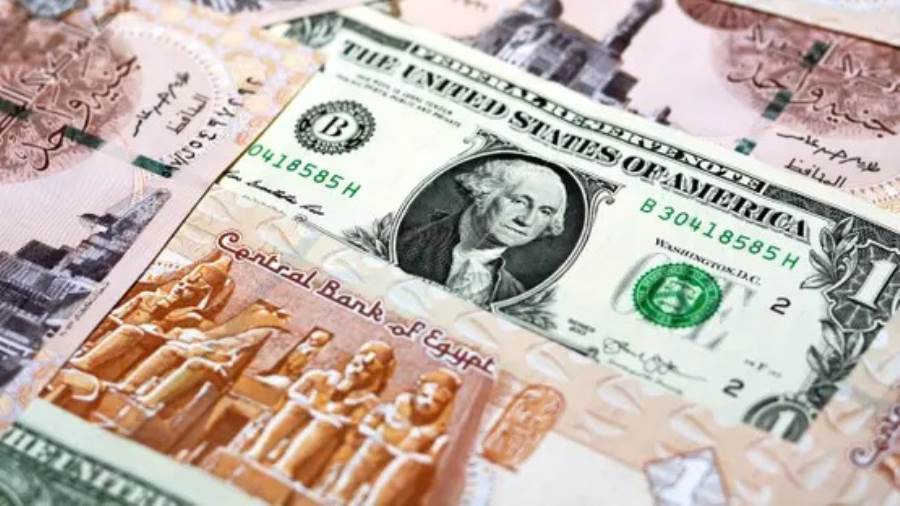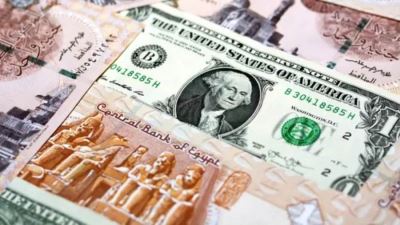Egyptian Pound Continues to Strengthen Against the U.S. Dollar Amid IMF Program Developments


The Egyptian pound continued its upward trajectory against the U.S. dollar on Tuesday, registering further gains in several local banks. The dollar fell by approximately 20 piasters in daily trading, reflecting a continued improvement in Egypt’s currency performance.
According to data from the Central Bank of Egypt (CBE), the dollar was trading at EGP 49.18 for buying and EGP 49.31 for selling—down from a mid-June peak when it exceeded EGP 51. The lowest exchange rate was recorded at the Housing and Development Bank, where the dollar traded at EGP 48.95 for buying and EGP 49.05 for selling. Meanwhile, at the National Bank of Egypt and Banque Misr, the rate remained stable at EGP 49.00 for buying and EGP 49.10 for selling.
Progress in IMF Negotiations
On the macroeconomic front, Egypt’s ongoing negotiations with the International Monetary Fund (IMF) appear to be making headway. According to Egyptian Finance Minister Ahmed Kouchouk, speaking during a visit to London last week, the fifth and sixth reviews of the IMF loan program are expected to be completed by September or October. This would unlock a new tranche worth $2.5 billion.
Kouchouk stated, “Both sides are working toward achieving this timeline,” noting that “the IMF is focused on meeting specific performance targets, which is the key priority.”
One of the major points of focus for the IMF will be the Egyptian government’s privatization strategy, which aims to sell state-owned assets. According to the minister, the authorities now plan to concentrate on "fewer but more strategic deals."
Four IPOs Planned in Current Fiscal Year
The Finance Minister also revealed that the government is aiming to execute up to four initial public offerings (IPOs) during the current fiscal year. These will span various sectors, including telecommunications, airport management, and financial services.
“These offerings will be spread across several sectors,” Kouchouk explained, adding that Egypt has shared a medium-term strategic plan with the IMF and other international partners, which includes a “clear and transparent timeline.”
Earlier this month, the IMF announced that it would merge the fifth and sixth reviews of Egypt’s program, citing the need for more time to advance reforms—particularly those aimed at reducing the state’s role in the economy and implementing broader structural adjustments.
In its report, the IMF noted that Egypt expects to generate $3 billion in revenues from state asset sales during the current fiscal year, up from $600 million last year. The government also aims to raise an additional $2.1 billion from these sales in the following year.























